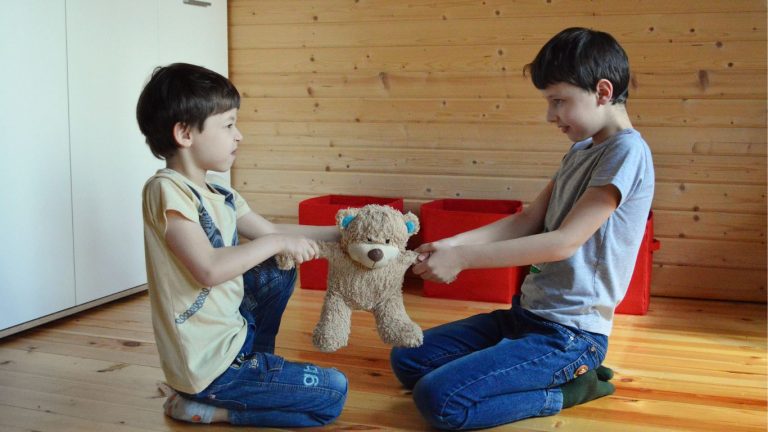One of our many important roles as a parent or caregiver is to help our children foster and develop good eating habits and attitudes to food from a young age.
We all know that providing food and ensuring our children have enough to eat is vital for their growth and development – but we shouldn’t need to do a number of circus tricks to get young children to eat.
You are on the right road to developing good eating behaviors in your child if you are achieving the following goals:
- Provide a wide variety of nutritious foods for children to select from
- Give kids a large proportion of control over their food intake, especially meal size
- Help children to adapt to the social timing of meals
- Avoid using rewards or coercing a child to eat
- Have mealtimes together as a family (when possible)
- Have mealtimes at an appropriate time for young children
- Limit distractions at mealtimes
- Avoid force-feeding children
- Have fast foods as an occasional treat, not as an everyday food.
(based on the Ministry of Health background paper Food and Nutrition Guidelines for Healthy Children aged 2-12)
The overall health of your child’s diet is determined by what food is regularly available. If healthy choices are not available at home, then the quality of the diet will naturally be poorer.
However your child will also have his or her own food preferences and this will determine their food intake. Food preferences are determined by many things but an important factor is that, if a food is presented in a positive manner, then it is more likely to become a preferred option.
It is therefore logical that if we offer food as a reward, then this food will become a preferred food. Offering a reward of ice-cream to your child if they eat their vegetables will not turn your child into a great vegetable eater. However it will foster a love for ice-cream!
If your child is curling up his toes at a certain food which you are trying to encourage, remember that you may need to offer this food up to 11 times before your child decides it is time to try it! It also helps if your child can see you eating it – a great reason to battle through “feeding time at the zoo” and fostering the routine of eating together as a family whenever possible.
Children do have a natural preference for sweet and salty foods. If these foods are constantly available in the house, then the preference for those foods will be encouraged further. Regularly having fruit juice, soft drinks, biscuits or sweets will foster and encourage a ‘sweet tooth’. These foods should only be available as an occasional treat.
Children do like routines and an important routine is to have meals at regular times. When meals aren’t regular it tends to be more likely that your child will keep requesting snacks and graze all day. This grazing will then affect their appetite and they are less likely to eat well at noon or dinner time – which in turn can lead to more grazing.
Many of us would have been brought up to eat everything on our plates. Children are very good at knowing how much they need to eat to satisfy their needs, so this pressure of cleaning the plate is certainly not recommended today. However if you have a child who is also hell bent on finishing dinner so they can go and play you may need to set some limits and encourage a little more to eat. Remember also that if a lot of high fat or high sugar foods are available they will eat less of the nutritious foods available at main meal times.
Poor food preferences and eating habits can take a long time to change. Our attitudes to food start to form at a very young age. If you can help your child to foster good eating behaviours and food preferences at a young age, then it will be easier for them to maintain these good habits throughout life.





